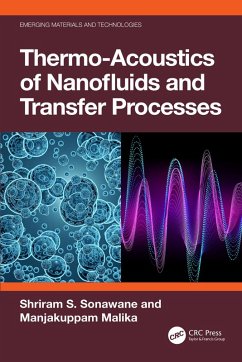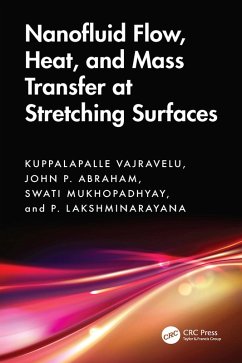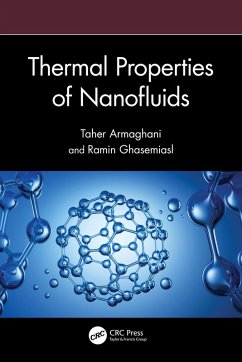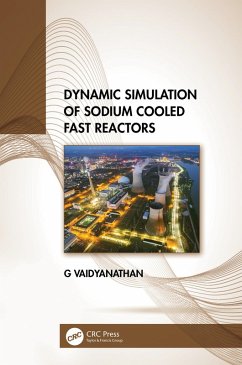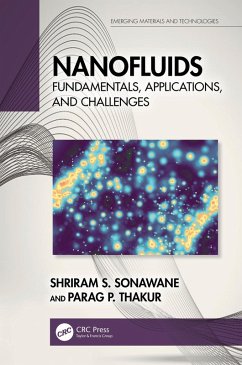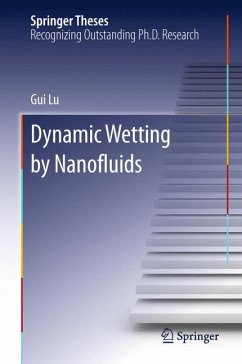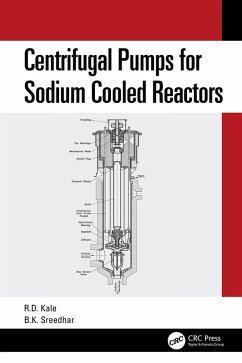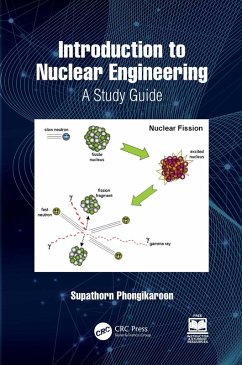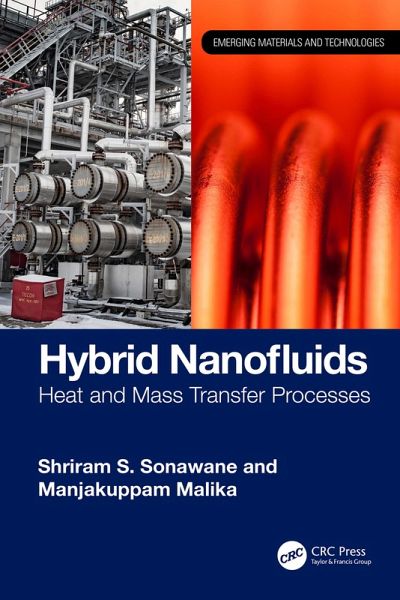
Hybrid Nanofluids (eBook, PDF)
Heat and Mass Transfer Processes
Versandkostenfrei!
Sofort per Download lieferbar
49,95 €
inkl. MwSt.
Weitere Ausgaben:

PAYBACK Punkte
25 °P sammeln!
This book provides a comprehensive understanding of advanced hybrid nanofluid applications in various fields while also explaining the real-time industrial applications of nanofluids. It explains mathematical, numerical, and experimental methodologies of application of the nanofluids in heat transfer and mass transfer processes. It helps build innovative nanofluid-based devices, including the study and measurement of thermophysical characteristics, convection, and heat transfer equipment performance.Features: Discusses hybrid nanofluids with a strong attention to the processes. Explores inter-...
This book provides a comprehensive understanding of advanced hybrid nanofluid applications in various fields while also explaining the real-time industrial applications of nanofluids. It explains mathematical, numerical, and experimental methodologies of application of the nanofluids in heat transfer and mass transfer processes. It helps build innovative nanofluid-based devices, including the study and measurement of thermophysical characteristics, convection, and heat transfer equipment performance.
Features:
This book is aimed at graduate students and researchers in fluid dynamics, nanotechnology, and chemical and mechanical engineering.
Features:
- Discusses hybrid nanofluids with a strong attention to the processes.
- Explores inter-relation between thermal properties, physical properties, and optical properties of the nanofluids.
- Investigates high-performance heat transfer and mass transfer hybrid nanofluids.
- Explores data for the design of the nanofluid application and scale-up challenges.
- Reviews industrial operation and scale-up challenges for nanofluid applications in the industrial process.
This book is aimed at graduate students and researchers in fluid dynamics, nanotechnology, and chemical and mechanical engineering.
Dieser Download kann aus rechtlichen Gründen nur mit Rechnungsadresse in A, B, BG, CY, CZ, D, DK, EW, E, FIN, F, GR, HR, H, IRL, I, LT, L, LR, M, NL, PL, P, R, S, SLO, SK ausgeliefert werden.




